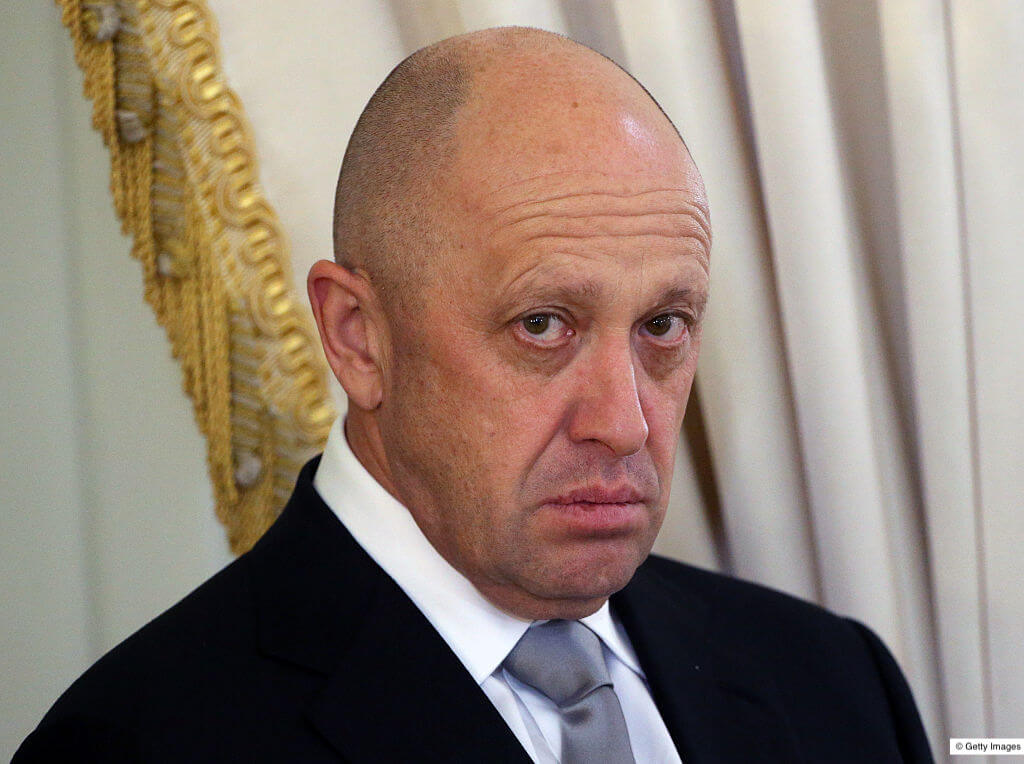Should private armies be banned? An uneasy peace shrouds Russia this morning after the weekend's melodrama. Some think we are overdue a conversation about what could go wrong when we commodify our military campaigns.
Rebel fighters retreat as Putin licks wounds
 Et tu, Brute? The former Putin ally had claimed that 25,000 of his troops would hit Moscow to oust the president.
Et tu, Brute? The former Putin ally had claimed that 25,000 of his troops would hit Moscow to oust the president. Glossary
Oligarch - After the collapse of the Soviet Union, most of the country’s economy fell into the hands of corrupt businessmen who became known as oligarchs.
Diatribes - Forceful and bitter verbal attacks.
Despotic - Tyrannical or using unlimited power over others in a cruel way.
Moniker - A name.
Insurrection - A violent uprising against a government.
Plausible deniability - The ability to deny involvement in unethical or illegal activities because there is no solid proof either way.
Mercenaries - Professional soldiers who are hired to fight in an army.
Militia - A military force made up of ordinary citizens rather than professional soldiers.
